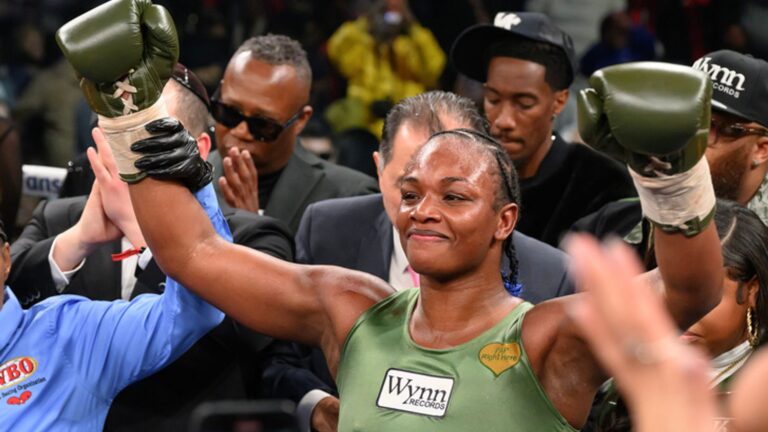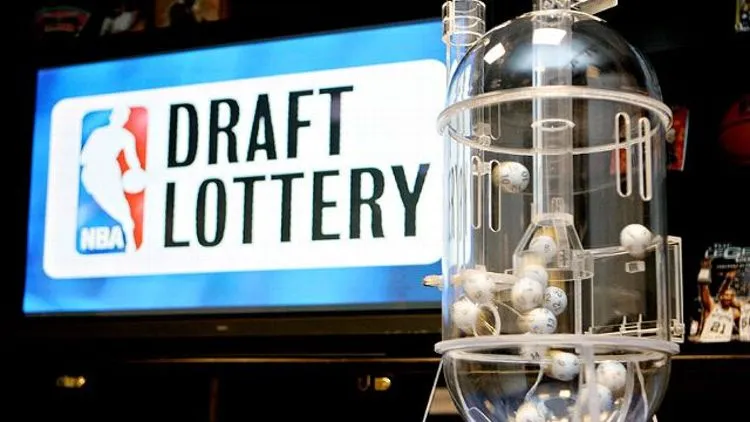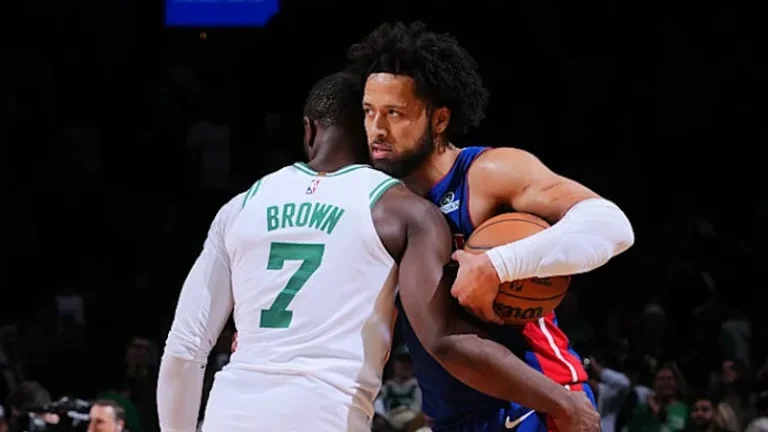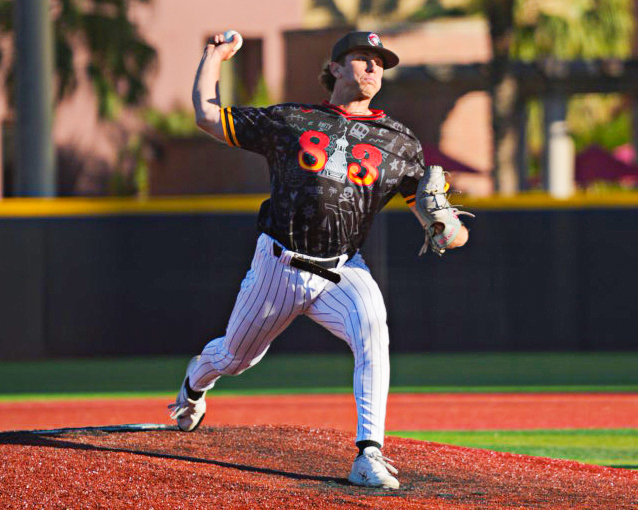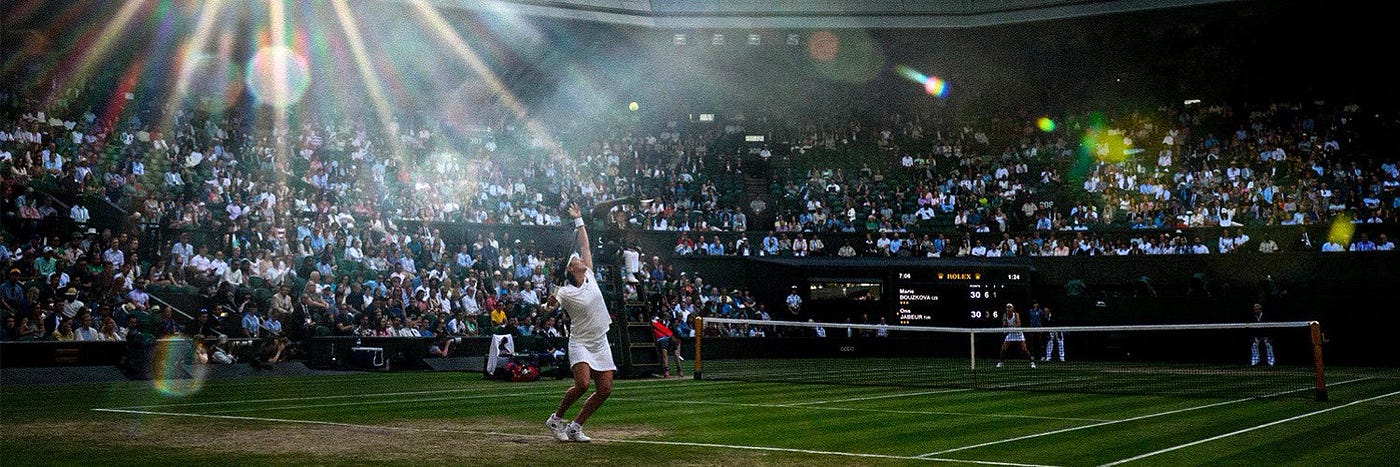
Tennis might look like a polite, one-on-one game played in near silence—except for the occasional grunt, polite applause, and a stray “Come on!” yelled to no one in particular. But beneath the composed exterior and tradition-heavy etiquette is a sport that has become deeply entangled in world affairs. In 2025, tennis is no longer just a game of rackets and rallies; it has become a soft-power battlefield where players, organizations, and even fans are compelled to grapple with global conflicts, human rights issues, and cultural divides. Somehow, the most “individual” sport in the world has become one of the most politically charged.
One of the clearest examples of this shift came in the wake of Russia’s invasion of Ukraine in 2022. Wimbledon, the most prestigious tournament in the sport, made headlines around the world when it decided to ban Russian and Belarusian players from competing that year. British government officials praised the decision but drew sharp criticism from the ATP and WTA tours, which argued that players should not be penalized for their government’s actions. The ATP went so far as to strip Wimbledon of its ranking points that year—a move that left the tournament without official weight but plenty of emotional fire. Players like Daniil Medvedev, one of the top-ranked Russians, were forced to sit out while others, such as Belarus’s Aryna Sabalenka, voiced frustration at being turned into political symbols. The backlash was so intense that Wimbledon reversed the ban the following year, though not without lingering tension. Sabalenka, in 2023, chose not to speak at post-match press conferences after being repeatedly asked about her stance on the war, saying, “I’ve said everything I can say. Now I just want to play.”
The inconsistencies didn’t stop there. While players from Russia and Belarus were sidelined or subjected to endless scrutiny, athletes from other conflict-embroiled nations faced a very different atmosphere. Take the case of Israeli players competing in 2024 and 2025, during renewed fighting between Israel and Hamas. Despite growing calls for boycotts and public protests outside tournaments, including walkouts in Australia and Paris, no Israeli players were banned or sanctioned. The argument made by tennis governing bodies was, again, that players don’t represent their governments. But Ukrainian players and their supporters were quick to point out the double standard. “Why are Russians punished for their country’s actions but not Israelis?” one anonymous Ukrainian coach told L’Équipe. “You can’t have selective neutrality.”
Tensions between players have reflected this uneven playing field. At Roland Garros, a Ukrainian player refused to shake hands with her Israeli opponent after a heated match, sparking a media firestorm. The tournament officials tried to smooth it over, calling it a “personal decision,” but the crowd booed, and Twitter (or X, if we must) lit up with arguments about geopolitics, fairness, and double standards. Some fans applauded the Ukrainian’s protest; others accused her of hypocrisy. All of it further muddled tennis’s already tricky dance between sportsmanship and politics.
Then there was Peng Shuai—a name that sparked international headlines in late 2021 after the Chinese tennis star accused a high-ranking Chinese government official of sexual assault in a now-deleted Weibo post. What followed was a global outcry, an apparent disappearance, and a few carefully managed public appearances that did little to reassure the world. The Women’s Tennis Association (WTA) took an unusually strong stance: it suspended all tournaments in China until there was a “full, fair, and transparent investigation.” That move, while applauded by many human rights organizations, cost the WTA millions in lost revenue and strained relations with one of its biggest markets. By 2024, the WTA cautiously returned to China, but not without criticism that they had softened their stance for business reasons. Fans and players were split, with some defending the move as a practical necessity, and others calling it a betrayal of the very principles the sport had claimed to stand for.
At the same time, tennis has become a platform for personal protest and advocacy. Just last year, American star Coco Gauff made headlines not for a forehand winner, but for an impassioned post-match speech on climate change and racial justice. Novak Djokovic has shared political opinions that sparked international reactions—from vaccine mandates to Serbia-Kosovo tensions—and even walked onto the court at Roland Garros in 2023 with a camera-written message declaring, “Kosovo is the heart of Serbia.” That line earned him both praise and heavy backlash, especially from international human rights groups and Kosovar officials, who accused him of inflaming ethnic divisions.
International tournaments add another layer. When players arrive in countries with questionable human rights records—like Saudi Arabia, which is making an aggressive push into tennis with big-money exhibition events—questions arise about ethics, optics, and whether the sport is being used to whitewash reputations. So far, the lure of lucrative paychecks has kept many players quiet. But the debate rages on. The WTA and ATP have both faced criticism for appearing tone-deaf to global injustice, offering up polished press releases that try to walk a line between neutrality and complicity.
Still, tennis walks a tightrope. It wants to be apolitical—“just about the sport”—but it can’t escape reality. Every time a player skips a handshake for political reasons or uses a victory speech to shout out a cause, tennis proves that silence, much like in politics, is also a message. The irony? The sport most famous for telling fans to “quiet please” is now one of the loudest on the global stage.
As the next Grand Slam approaches, tennis is doing more than counting unforced errors and aces. It’s navigating an increasingly complex, divided world—one rally at a time. And if nothing else, it’s clear that in 2025, every match is political, every handshake is a headline, and every serve might just carry more weight than a press conference.
Author Profile
- Tessa Winkleman is a dynamic scholar-athlete and aspiring sports law professional. Raised in Las Vegas before heading to Michigan (Go Blue!), she earned a Division I volleyball scholarship to St. Francis College in Brooklyn. After transferring to Hunter College, she led her team as MVP, earning numerous athletic and academic honors. Tessa has interned at McShane & Bowie LLP and the PREA Investigation Unit at Rikers Island, combining her passions for justice and advocacy. She is set to pursue a master’s degree in Sports Law and Management at the Universidad Europea de Madrid, in partnership with Real Madrid FC.
Latest entries
 PoliticsJuly 10, 2025Courtside Diplomacy: How Tennis Became the Quiet Power Player in Global Politics
PoliticsJuly 10, 2025Courtside Diplomacy: How Tennis Became the Quiet Power Player in Global Politics BusinessJuly 9, 2025Red, White, and Grass Stains: What the 2026 FIFA World Cup in the U.S. Says About Soccer, Politics—and Lawn Care
BusinessJuly 9, 2025Red, White, and Grass Stains: What the 2026 FIFA World Cup in the U.S. Says About Soccer, Politics—and Lawn Care SportsJuly 4, 2025Gold Medals, Clean Reputations? The Curious Case of Sportswashing in 2025
SportsJuly 4, 2025Gold Medals, Clean Reputations? The Curious Case of Sportswashing in 2025 TennisJuly 3, 2025Ben Shelton Serves Up A Racket: When Tennis Meets Politics at Wimbledon
TennisJuly 3, 2025Ben Shelton Serves Up A Racket: When Tennis Meets Politics at Wimbledon



